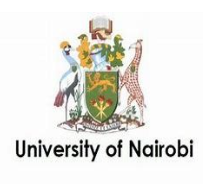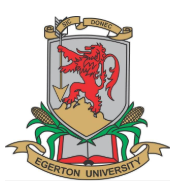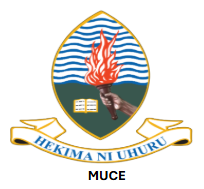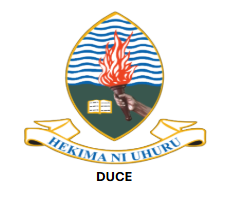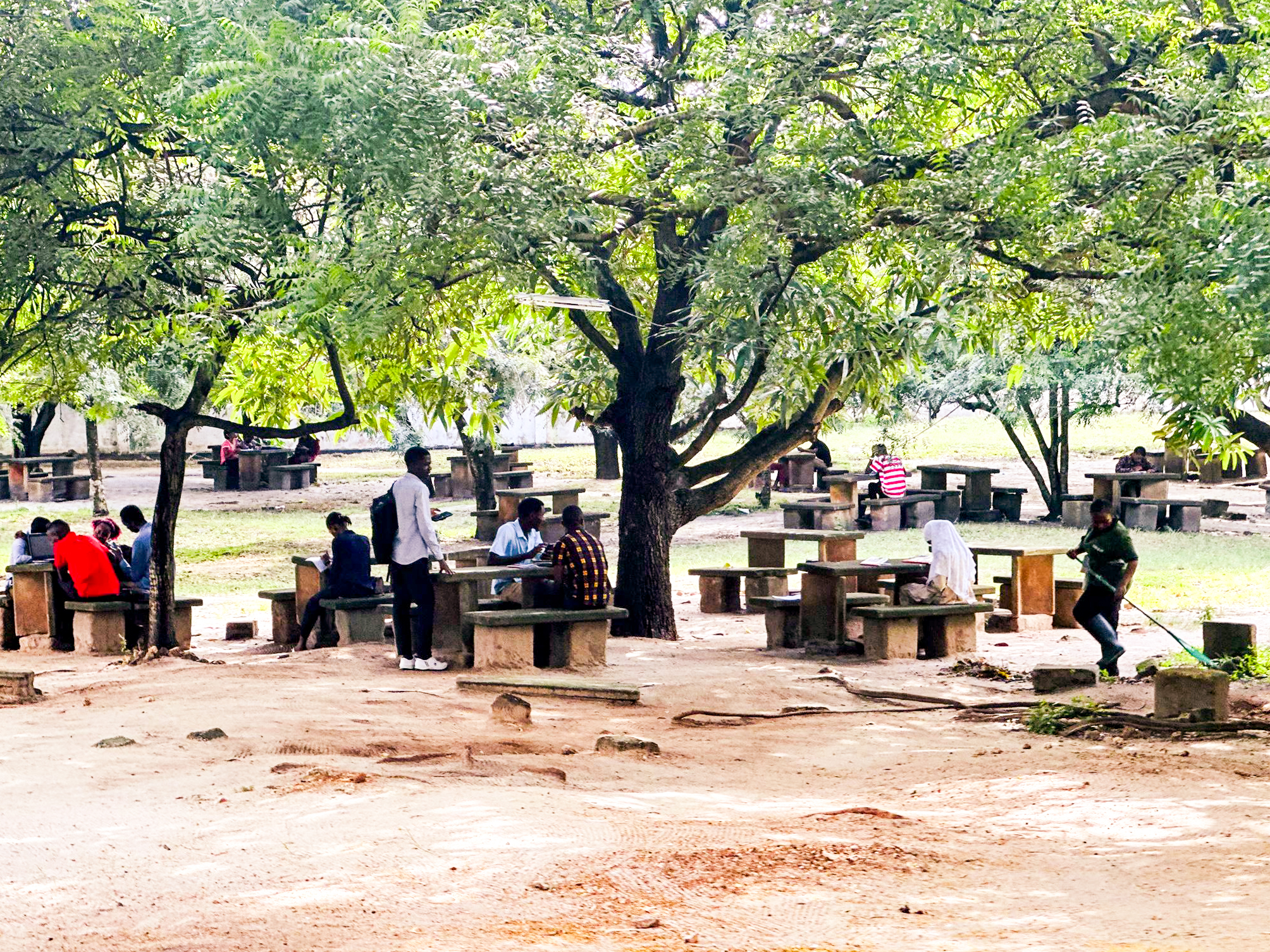
STEP-EA
Supporting Teacher Education, Well-being, and Retention to Inform Feasible Policies and Incentives in Africa

Project information
| Project | Supporting Teacher Education, Well- being, and Retention to Inform Feasible Policies and Incentives in Africa – STEP-EA |
| Duration | 15.5.2025-14.11.2026 |
| Partners | HAMK (Coordinator), University of Nairobi, Egerton University, Dar es Salaam University College of Education, Mkwawa University College of Education The University of Juba |
| Funder | The European Commission under the Regional Teachers Initiative for Africa |
| Budget | 681 050 € |
We research new theoretical perspectives on teachers’ professional agency, wellbeing, and commitment. We want to know how these connect to the social and cultural aspects of their work environment.
The focus is on improving teachers’ wellbeing at work and teacher retention, shortage, and attrition. We want to provide in-depth and novel empirical evidence on teachers’ wellbeing, professional agency and commitment, and to suggest policy recommendations and practical implications for educational policy, teacher education and schools in Africa.
Target group
- Early childhood, Primary and Lower Secondary Education
- Teacher Education Institutions
- Policymakers
- Local Education Officers
- Teachers
- Civil Society Organizations
- Ministry Officials and Government Departments
- School Leadership and Management
Operating area
We operate in three East African countries: Kenya, Tanzania, South-Sudan.
Take a look to our video for further information about STEP-EA.
Our main objectives
- Inform educational policies and teacher education curricula, and to introduce well-being strategies and agency-promoting school leadership practices to enhance teacher wellbeing, motivation and retention, based on research evidence.
- Examine educational policies, their implementation and teacher education curricula in relation to teachers’ wellbeing and the planning and management of teachers’ work.
- Explore the connections between teachers’ working conditions (e.g. availability of resources, educational policies, school leadership and management practices), well-being, professional agency and commitment.
- Identify best practices for teachers agentic and sustainable working in fragile and refugee contexts to inform regional policy alignments.
Additional Information
- Kick-Off Workshop, June 2025
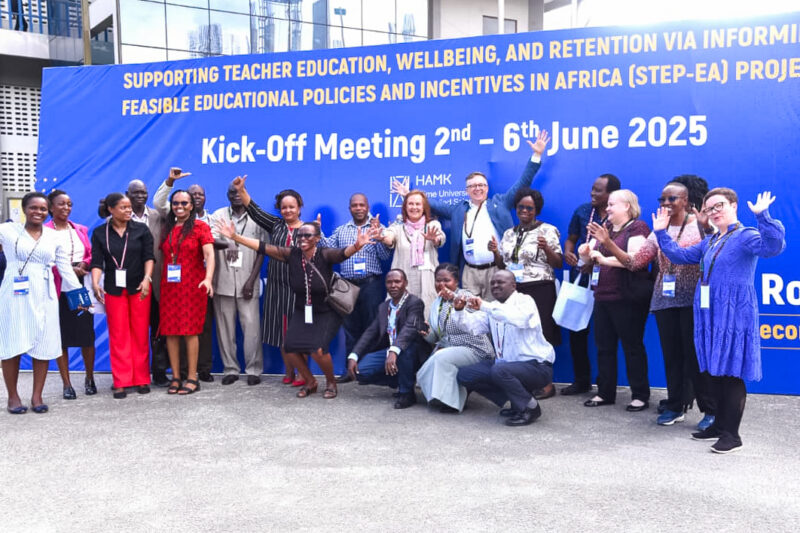
New theoretical insights
- Peer-reviewed scientific articles and professional articles
- Reports summarizing the main results of the research
Collaboration and methodological development in education research
- Presentations in international and national conferences
Research-based evidence and recommendations for policymakers, schools and teacher education
- Best practices and strategies to school leaders and principles
- Policy recommendations for educational policy
Contact information



